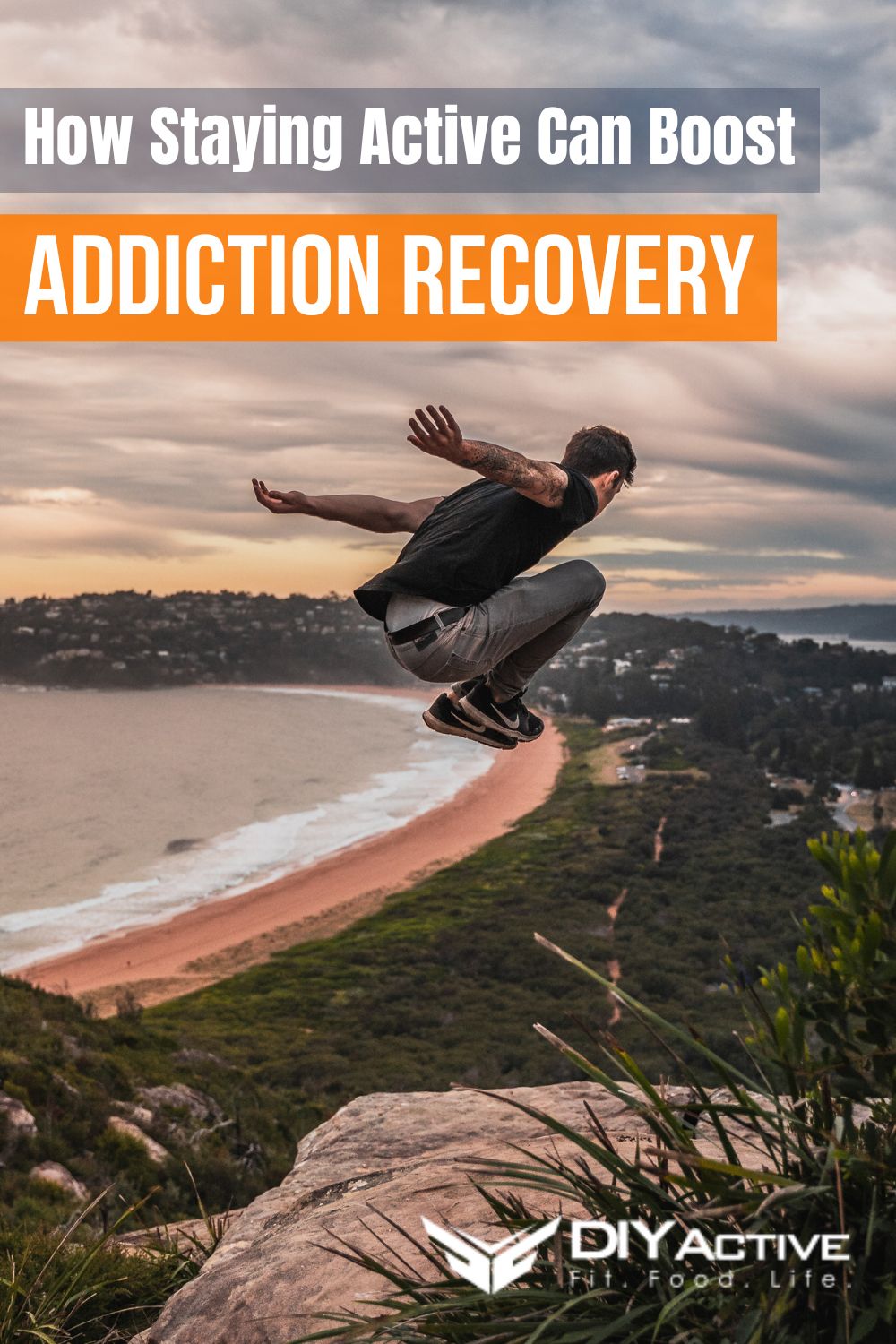Staying Active Can Boost Your Addiction Recovery Journey
Whenever a person excessively uses drugs and alcohol, the body becomes vulnerable to heart rate changes and coordination problems. Since addiction changes the body chemistry, the human brain cannot respond well to harmful environmental triggers.
Benefits of Staying Active
As a result, these threatening situations may affect their way of thinking, which affects their decisions to save themselves.
Regular exercise and physical activity help individuals manage their weight, enabling them to prevent obesity. As a person does muscle-strengthening activities, they can boost and implement their muscle strength and mass. In addition, this component improves a person’s mood and makes them feel relaxed, which can eliminate the risk of depression.
In this article, you’ll learn the three benefits of remaining active in ensuring the success of your recovery journey.
1. Enabling Improved Outlook

When a person regularly engages in physical activity, their body releases endorphins. These chemicals engage with the receptor of their brains to reduce their perception of pain, which eliminates a person’s dependence on a particular substance.
This process results in positive emotions of optimism and euphoria after every workout, which helps them improve their outlook on life.
Those who exercise regularly gain increased feelings of confidence and reduced feelings of depression. As they achieve their workout goals and witness their bodies transform, they receive feelings of accomplishment, which reinforces their goal of continued sobriety as achievable.
In addition, they gain greater energy and improved feelings of well-being, which makes their lives more manageable and sustainable without engaging in addictive behaviors.
Regular exercise leads to an increase in abstinent days, especially when paired with cognitive-behavioral therapy. Since this activity is an effective method for these individuals to meet their physiological and psychological needs, they refrain from taking the substance.
With that, you may consider researching online to see what countries have medication-assisted therapy working well so you can learn other effective methods.
2. Eliminating Sleep Issues
Sleep is essential in addiction recovery because proper rest allows people to function at their highest levels. However, there are common sleep issues related to substance withdrawal, such as nightmares and insomnia.
While sound sleep is critical for those who wish to recover, patients in the early stages of recovery don’t get enough rest, which leaves them vulnerable to relapses.
Since addiction and sleep have a complex connection, individuals who undergo recovery must prioritize getting plenty of rest. That said, you must submit to regular exercise to overcome sleeplessness by stimulating the recuperative processes that help rebuild strength and restore health during downtime.
For instance, you should consider performing at least 150 minutes of moderate to intense physical activity weekly to enhance sleep quality.
Alternatively, you may try to include a morning run in your daily activities to develop self-discipline and get to know strangers in your community. If you don’t like this intense workout, you may consider practicing yoga.
This activity will help you enhance self-awareness and mindfulness by training your mind and body. As you actively engage in any of these physical activities, you can alter your body’s temperature, which allows you to easily reach a state of sleep once you comfortably lay in your bed.
3. Strengthening Immune System
Individuals with addiction often have more than one associated health problem, such as heart disease, stroke, cancer, or mental health conditions. For instance, tobacco smoke causes different kinds of cancer, while opioids lead to drug overdose and death.
Alternatively, a pregnant woman’s substance use may cause her baby to go into withdrawal, which includes symptoms like tremors, seizures, and sleep problems.
With the help of regular exercise, patients can protect their bodies from these health conditions as they recover from addiction. These physical activities eliminate bacteria from the airways and lungs, which reduces the chance of the person getting flu or cold.
Indeed, something as simple as a 30-minute walk in the park can significantly boost the patient’s immune system.
If you don’t like extreme workouts, you may find other methods to increase your physical activity to keep you in shape throughout the day. You may lift weights while watching your favorite television show, purchase a standing desk so you can move your legs while working, and take the stairs at work.
As you continue to partake in these minimal activities, you’ll start seeing changes in your activity level, which positively impacts your overall health.
Wrap-Up
As someone trying to recover from addiction, you should find different strategies to engage in physical activities. Once you do so, you may start seeing these three positive advantages of staying active as you continue to become sober and disengage from substance abuse.
In turn, you can return to establishing a great connection with your family and friends as you improve your sleep, outlook on life, and immune system.
Photo by RODNAE Productions
Photo by Phillip Pfeiffer